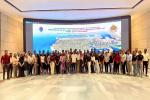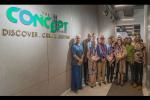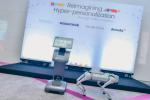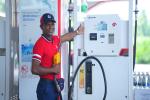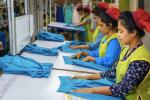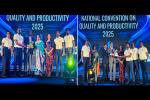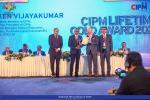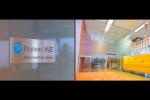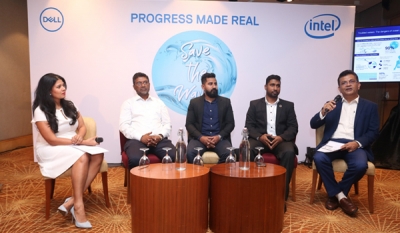In 2017, Dell became a global pioneer in their use of ocean bound plastics within their packaging procedures, where plastics collected from beaches, waterways and coastal areas were incorporated into protective trays for the XPS™ 13 ‘2-in-1’.
Dell has continued to expand this initiative globally, with Sri Lanka becoming the latest country to adopt the use of ocean bound plastics.
Four consecutive cleanup sessions will be held at Kalutara, Galle, Trincomalee and Wattala beaches respectively.
Furthermore, a portal will also be designed for volunteers who wish to register themselves for the cleanup.
This primary beach cleanup marks the commencement of a continuous initiative that is expected to be held biannually.
To begin with, Dell has planned a Children’s Day Art Competition for all volunteering kids to partake in and create artwork based on how the pollution of oceans leads to dire consequences.
This will add to efforts motivating the younger generation to become more environmentally friendly, while educating them on how conservation efforts can benefit the world.
The winners of the art competition will be awarded with Dell laptops and other accessories.
Chrishan Fernando, Country Manager, Sri Lanka and Maldives, Dell Technologies, commended, “Oceans are an essential component of the Earth's ecosystem – a source of biodiversity, food, and life.
It was recently revealed by the Marine Environment Protection Authority that Sri Lanka unfortunately stands in fifth place for countries with the worst polluted beaches.
This initiative is based on Dell’s pledge to commit to the Sustainable Goal No. 14 and provide solutions for one of the most recurring global issues.
We hope and strive to provide Sri Lanka with cleaner, healthier oceans and beaches through this project, and to sustain the future of the generations to come.”
One of Dell’s 2020 Legacy of Good goals is to ensure that 100 percent of their product packaging is sourced from sustainable materials.
Dell had also pledged to the United Nations to increase the annual use of ocean plastics by 10 times by 2025.
Dell aims to help elevate demand of these plastics by convening a working group with other manufacturers to create an open source ocean plastics supply chain.
Dell Technologies has one of the largest technology recycling programs on the planet, with operations in more than 75 countries and territories and is always striving to search for new ways to create value from recycled materials, creating environmentally friendly and financially beneficial solutions.
The plastics are first analyzed to see if they are still usable, and whether they can be resold or donated to certain parties.
Otherwise, the plastic is stripped into usable parts to help repair and remanufacture other units such as packaging.
Leftovers are also recycled, where materials such as plastic, glass, or metal are often sold back to the commodities markets.
Dell has been sourcing recycled plastics from the commodities markets for use in their products since 2008.
In 2014, Dell started to incorporate plastics recovered from e-waste and recycled these into parts for new computers.
The average closed loop recycled content of the resin used by them is 30 – 35%.
Recent research estimate that an average of 8 million metric tons of plastic material enters the world’s oceans annually and that amount keeps increasing by 7 percent per year, to which the solution surfaced as to prevent plastics from entering the ocean in the first place.
Dell and Lonely Whale addressed the United Nations (U.N.) at the 2017 U.N. Ocean Conference pledging to commit to Sustainable Goal Number 14 and also educated Dell team members about this issue and engaged them in these solutions.
Accordingly, the Planet employee resource group organized a global cleanup event called ‘Shore Up’ where team members united in several beach cleanups in the vicinities.




